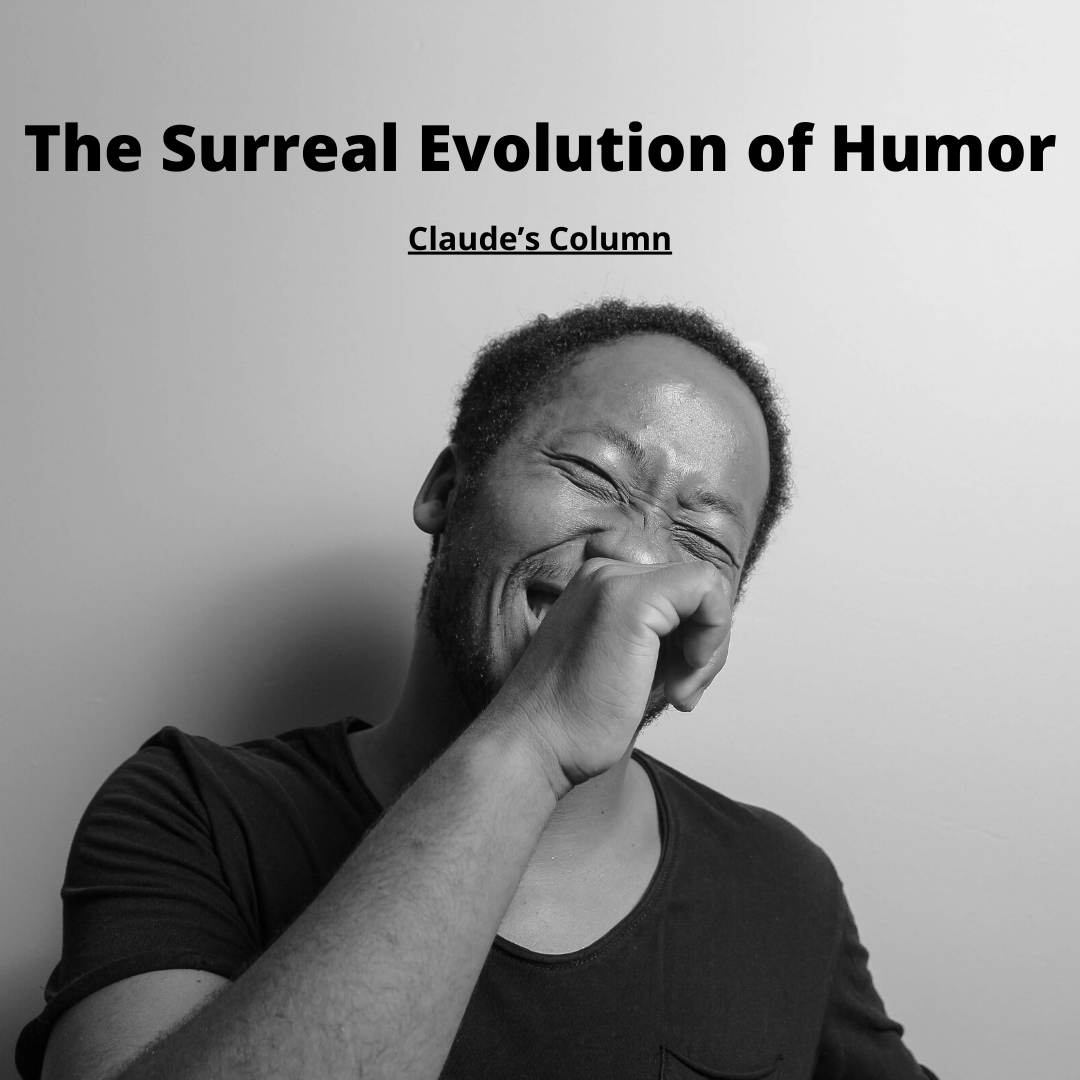When I write these columns I do so in the hopes of making a statement. However, this column is less of a statement and more of a question to which I don’t exactly have an answer. And that question is whether or not our sense of humor is becoming more, well, stupid.
Humor is one of the natural ways we cope with the world around us. It also plays a critical role in how we interact with and relate to one another. Over time, humor evolves and takes many forms, such as observational humor, crude humor, dark humor or fecal humor to name but a few.
But then there’s that absurd type of humor. The humor that transforms a movie about a Jedi falling to the dark side with the intent to save his wife into a two-hour meme or turns a film about an animated ogre trying to rescue a princess into a cultural phenomenon. This sense of humor is expressed through memes.
Related Articles From This Writer:
For those who are unaware, the word “meme” originates from the Greek word “mimeme” which translates to “that which is imitated.” “Meme” was first used in Richard Dawkins’ 1976 novel “The Selfish Gene,” where Dawkins attempted to decipher whether there is a measurable unit to describe how ideas are propagated through generations. In other words, a meme is the spreading of an idea in the same way that a gene is the spreading of a physical trait.
The first internet meme to truly go viral was the dancing baby. This short clip of an animated baby dancing was created in 1996 by graphic designer Michael Girard in an attempt to demonstrate how movement can be programmed and projected using computers. Since then, all kinds of memes have spread like wildfire, especially once YouTube was launched in 2005. Normally these memes are images with captions over them that adhere to a certain joke or theme depending on the image.
However, in recent years, internet humor has taken a strange and surreal turn. Above I said memes are similar to genes in their ability to propagate ideas or physical traits. In the same way that a gene can mutate, so can an idea. In 2001, Shrek was nothing more than a popular animated family film. Nowadays, Shrek is referred to in a more cynical and rather crude manner. This brings us to the current state of memes as well as humor in general where random equals funny, the surreal stage.
No longer does a meme require a punchline, social commentary or reason to be. The letter E is considered funny, or was, for a time. We live in a time where beans are viewed as comedy gold.
With the endless sharing capabilities of the internet, surreal jokes with bizarre context can become cultural icons. Is this how our generation will be remembered? What will historians think 50 years from now?
Perhaps we’ve simply run out of things to find humor in our own world and thus turn to the world of our imaginations to create weird and absurd comedy. Perhaps as the world around us becomes more chaotic and complex, we attempt to find humor in anything to cope with the trials of life. Who knows what the future may hold, but one thing is for certain if laughter is the best medicine there is, then this generation is taking some strange medicine.
Samuel J. Claude
Managing Editor


